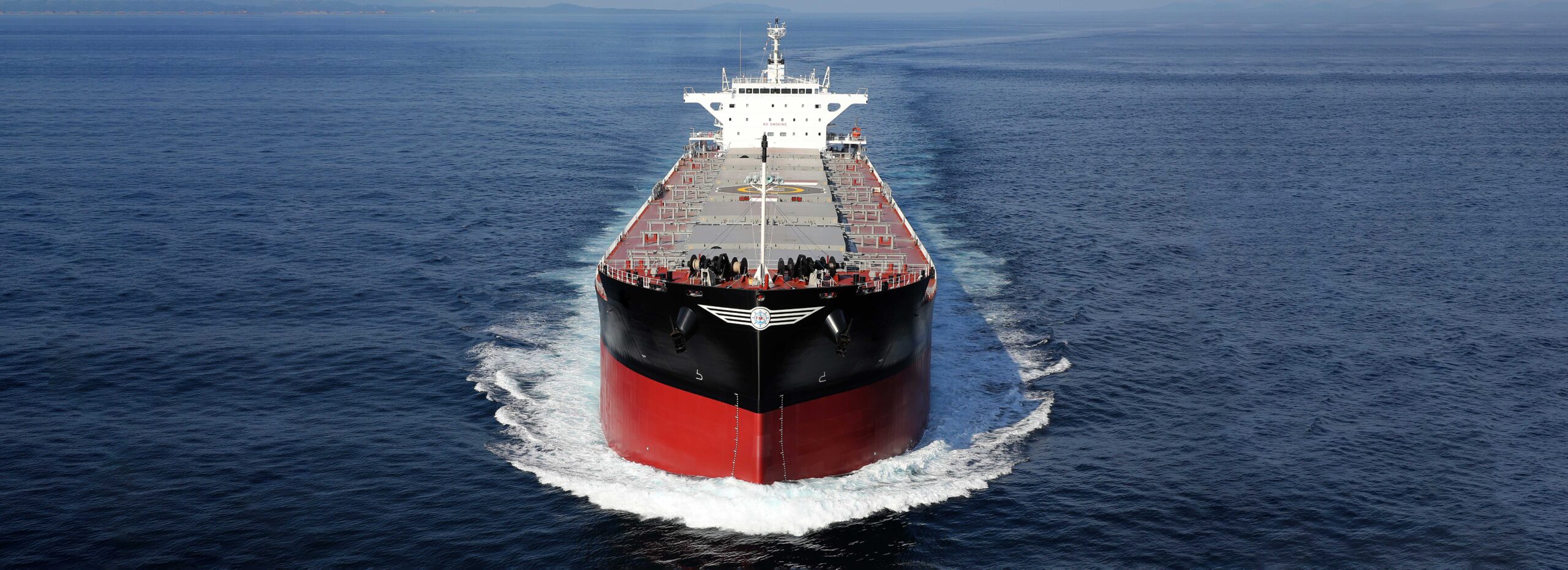Frequently Asked Questions
What are Foremost Group’s core values?
Honor. Integrity. Performance. Sometimes it’s that simple; and our work, our relationships with our clients, and our results continue to reflect that.
Where is Foremost Group headquartered?
Founded in 1964, Foremost Group is an American company and remains headquartered in New York with additional offices in Austin, Hong Kong, Shanghai and Imari, Japan.
What is Foremost Group’s strategy?
As Founder and Honorary Chairman Dr. James S.C. Chao said, “Foremost does not necessarily aspire to be the biggest, but we do strive to be the best.” This remains our guiding principle. We value our strong, long-term relationships with our partners and clients and only work with well-known charterers with first-class reputations.
How big is Foremost Group’s fleet?
Foremost Group’s fleet includes some of the largest modern, eco-friendly ships in the world. The fleet is approximately 5 million metric tons deadweight, transporting more than 20 million tons of goods per year.
What is dry bulk shipping?
Dry bulk shipping is the carriage of unpackaged goods such as grains, soybeans, iron ore, and similar products. Foremost Group’s fleet does not engage in container shipping.
Who are Foremost Group’s clients?
Foremost Group works with will-known charterers with first-class reputations, like Cargill, Bunge, Louis-Dreyfus, and MOL, NYK & Oldendorff. These blue-chip clients around the world include Fortune 500 and leading international companies, who are seeking the safe, reliable and efficient transportation of their products.
These clients determine what dry-bulk products Foremost vessels transport and where they load and discharge those goods.
Foremost vessels do not transport liquid-bulk products, such as oil, or intermodal containers often used to ship manufactured goods or other commercial freight.
Where does Foremost Group order ships?
Foremost ensures industry-leading service by exclusively operating ships that have been built to our higher specifications and never operating previously-owned ships.
Foremost Group has built ships at leading shipyards around the world, with a particular recent focus on Japanese shipyards.
For many years, Foremost Group has incorporated eco-friendly designs and technology in its fleet which includes some of the world’s largest and most advanced bulk carriers.
Where do Foremost Group’s ships trade?
Foremost charters its ships out to some of the leading companies in the world. These charterers determine what cargoes the ships carry and where they load and discharge those goods.
What is Foremost Group’s environmental policy?
Foremost Group’s policy is to ship cargo in an expeditious and cost-effective way while ensuring safety at sea; the prevention of human injury; and the avoidance of damage to the ship, its cargo, and the environment. We believe in protecting and preserving the marine environment and have always been on the forefront of ordering and maintaining eco-friendly ships to accomplish that goal.
Foremost continuously invests and reinvests in the newest eco-friendly designs and technologies, maintaining a young fleet of ships. For example, Foremost Group pioneered a ship design which moved the fuel oil tanks from the bottom of the ship to the upper wing tanks to avoid any oil pollution in the event of a grounding or other similar incident.
How does Foremost achieve a sound safety, environmental and quality performance?
Foremost Group’s overall commitment to improving safety, environmental, and quality performance is one of the company’s core values and is integral to its day-to-day operations. Foremost adheres to the most rigorous safety, operational and compliance standards established by all major international governing authorities and classification societies.
Foremost Group also implements training programs and ship visitations for its crews and other personnel to promote safety, prevent incidents and maintain quality performance and robust environmental standards both shoreside and among the fleet.
Foremost Group partners with others in the shipping industry to research and adopt new technologies and practices that allows the company to comply with the latest environmental regulations. For decades, Foremost has maintained a young, modern fleet with an average age of five years or less, enabling the company to achieve energy efficiency and reduce greenhouse gas emissions.
Which Classification Societies is Foremost Group’s fleet classed with?
Foremost Group’s fleet are classed with the American Bureau of Shipping or Bureau Veritas.

